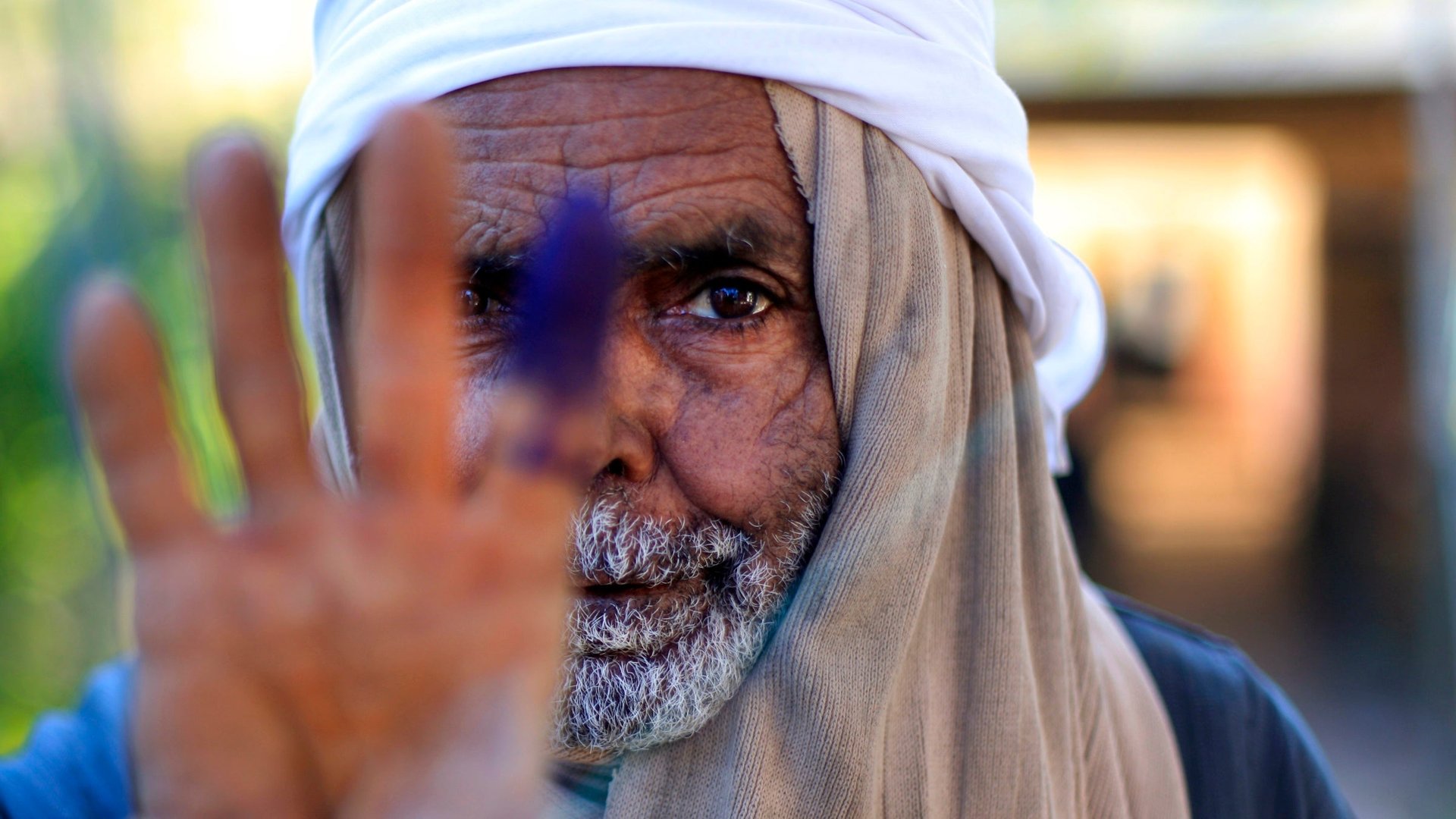Iran loves Egypt’s new constitution, but Standard and Poor’s hates it
After a 63% vote in favor, it appears that Egypt has a new constitution, drafted by the Islamist Muslim Brotherhood, and Iran is officially excited about its passage. The vote over the constitution was contentious, with Egypt’s opposition coalition asserting there were irregularities at the polls. Ratings agency Standard & Poor’s had a less favorable view of Egypt’s ongoing protests and counter-protests, cutting the country’s long-term credit rating to ‘B-‘ from ‘B’, the same junk level as Greece.


After a 63% vote in favor, it appears that Egypt has a new constitution, drafted by the Islamist Muslim Brotherhood, and Iran is officially excited about its passage. The vote over the constitution was contentious, with Egypt’s opposition coalition asserting there were irregularities at the polls. Ratings agency Standard & Poor’s had a less favorable view of Egypt’s ongoing protests and counter-protests, cutting the country’s long-term credit rating to ‘B-‘ from ‘B’, the same junk level as Greece.
“The negative outlook reflects our view that a further downgrade is possible if a significant worsening of the domestic political situation results in a sharp deterioration of economic indicators such as foreign exchange reserves or the government’s deficit,” S&P said.
Egypt and Iran broke off diplomatic relations after Iran’s 1979 Islamic revolution, but in August, President of Egypt Mohamed Mursi was the first leader of his country to visit Tehran in 30 years. Iran does not have an official ambassador in Egypt but has expressed interest in sending one.
“People’s participation [in the constitutional referendum] will be a great support for the Egyptian government so that in the future, it can take more steps in achieving the great Islamic and revolutionary goals of the Egyptian people,” said Iran’s Foreign Ministry spokesman Ramin Mehmanparast.
Egypt’s new constitution has caused deep rifts in the country, with the country’s minority Coptic Christians fearing the new constitution will reinforce a widening sectarian divide. In one instance, the campaign for the new constitution was marked by Egypt’s largely political media giving voice to conspiracy theories regarding the destabilizing influence on politics of the Coptic Church.
While Iran continues to make overtures to Egypt’s leadership, it appears that Mursi is wary of isolating his country further by responding in kind. The two countries disagree, for example, on the issue of Syria: Iran backs the current dictator, Bashar al-Assad, while Mursi has said that it is his “ethical duty” to back Syria’s rebels.